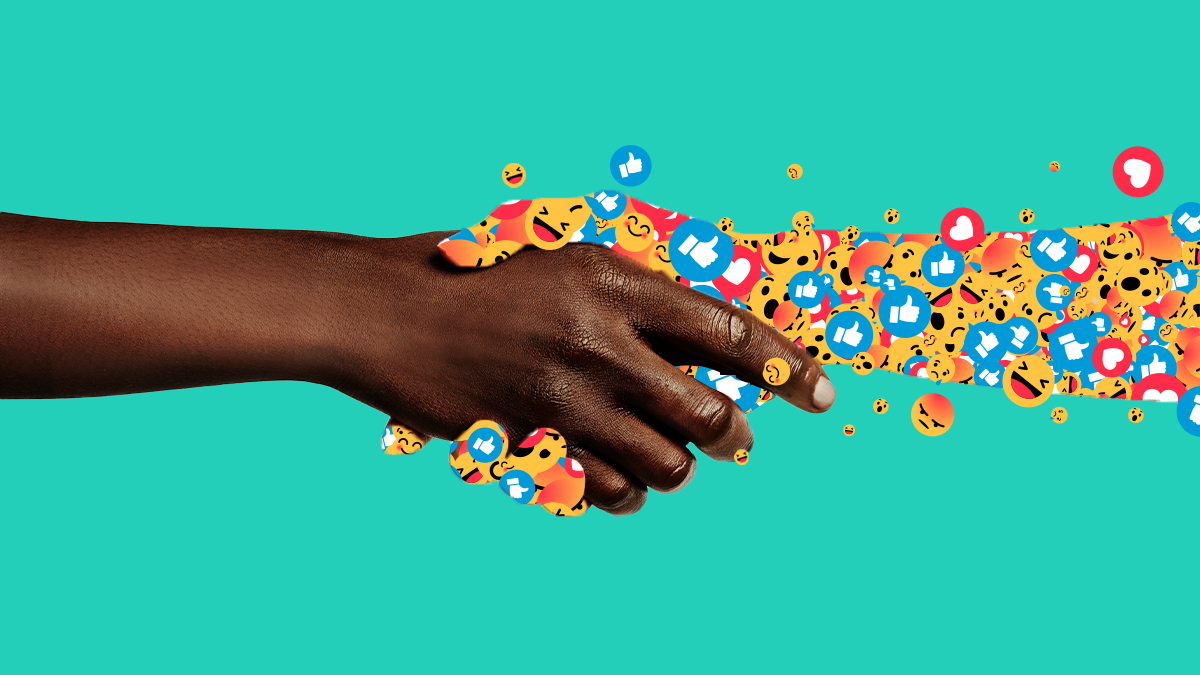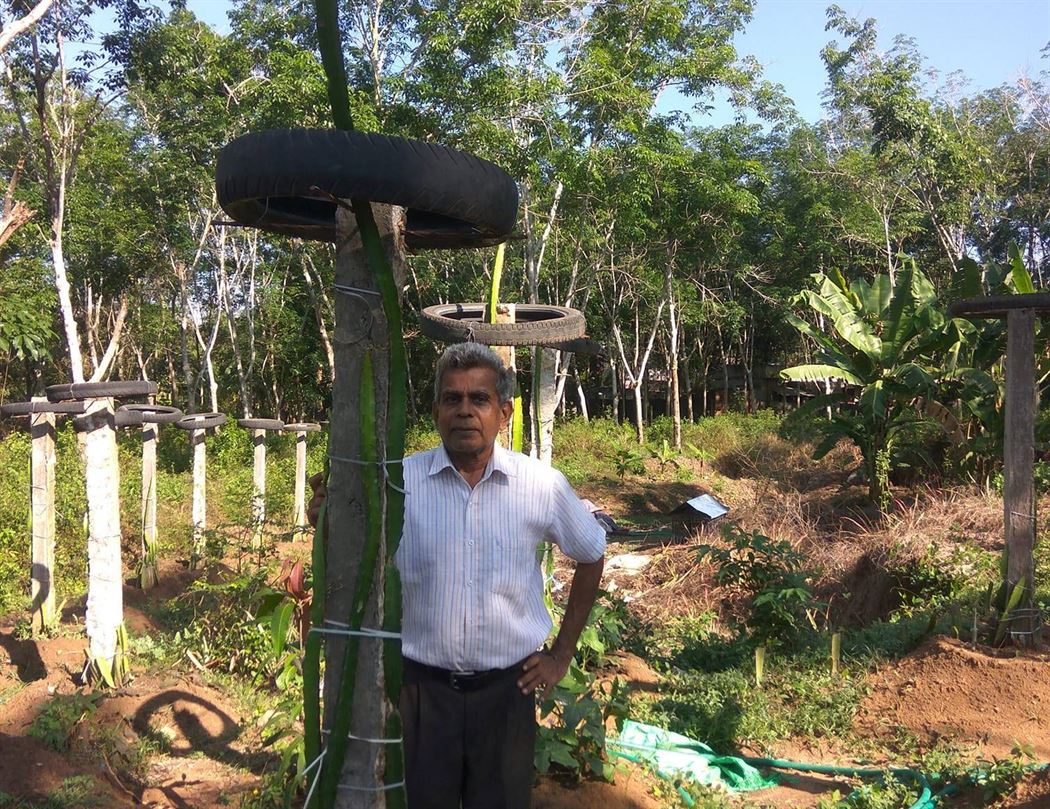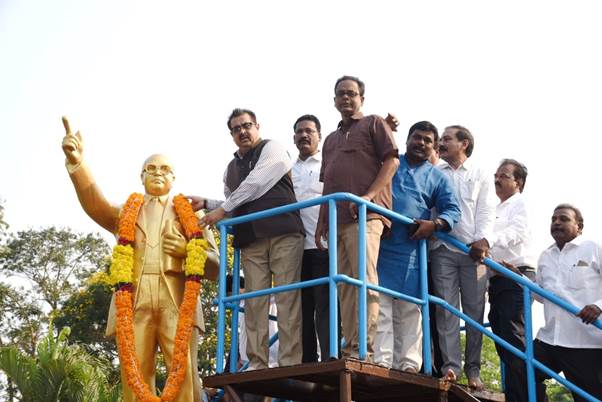Letting Go of the Junk Called Social Media

A few questions on our social media usage we must ask ourselves.
“Maybe the internet raised us.” singer-songwriter Lorde at 17 years of age wonders in her song, ‘A World Alone.’
|| Saundarya Jain
When we, the GenZ and Millennials, take a look at our lives, it would hardly surprise any of us that we are the children of the World Wide Web. All of it happened in front of us. Slam books became archaic; online timelines and profiles took their place. The comment section turned conversations from an exchange of dialogue to an exchange of emojis and slangs.. Not to forget, common citizens started achieving celebrity status through social media – fame was democratized. The Right to Recognition was granted to everyone; all of us acquired a spotlight for ourselves.
As ideal as this may seem, it has altered the way we look at ourselves and perceive our lives. What seems emancipating on the surface becomes stifling when we look closely as Bo Burnham emphasized in his special Make Happy:
“Social media is the market’s answer to a generation that demanded to perform. So the market said, here, perform everything to each other, all the time, for no reason. It’s prison, it’s horrific. It’s performer and audience melded together.”
As we develop a yearning to click and collect Polaroids – or edit pictures into looking like one – and post scanned photographs of our childhood that our parents took from their humble cameras, that they developed and lovingly arranged into an album; as we occasionally draft long letters to each other, preferably on birthdays, to compensate for the frivolity of the Chat – (reminder: we don’t “write” to each other anymore, we merely text) – as we scramble for this phantom called “aesthetic” in the pursuit of achieving a look, desperate to add a certain semblance to our life that is innately missing from the actual experience: does it not make you wonder that something is out of place?
In nostalgia for the bygone and our lives hijacked by social media, have we abandoned the experiences of our lives to sheer posts and stories? Has social media propelled us to immerse ourselves more in the experience or has it detached us altogether from it? There are no easy answers but it feels relieving to, at least, ask the questions.
Susan Sontag’s essay ‘In Plato’s Cave’ in her book ‘On Photography’ jolted me to consider the implications of our online world, and more desperately so at this conflicting time, when social media has become the most popular respite. She writes: “A way of certifying experience, taking photographs is also a way of refusing it.” Written in the 1970s, her words still resonate with our present-day reality on social media. Only, we aren’t just trying to certify a single experience but our entire lives, and in doing so, might be refusing it.
How many times do we do something – or in Burnham words, “perform” it – not for the sake of the experience but to post it later? Or how often, in the midst of an experience, it occurs to us that we must post about this? Does unadulterated experience exist any more or how we feel about ourselves has become too contingent upon our digital persona? Like Dorian Gray sold his soul in return for eternal beauty, only his portrait deteriorating over time – have we, too, bartered our experiences for validation, our actual life stagnating? Has social media – that commenced as a way to share our lives – ended up being a medium to create an appearance of it?
Sontag, in the conclusion of her essay, while talking about photography, unknowingly and harrowingly foreshadowed what its excessively democratic successor – Instagram – has done to us: “Needing to have reality confirmed and experience enhanced by photographs is an aesthetic consumerism to which everyone is now addicted. Industrial societies turn their citizens into image-junkies; it is the most irresistible form of mental pollution.”
As the appearance of our reality, in what she called “an image-chocked world”, starts preceding reality itself, we have untethered our lives from ourselves in order to display it, turning it into ‘content’. On our profiles, something remains of us that is distinct from ourselves. A kind of pseudo-reality has started blurring the line between authentic and inauthentic experiences. We are now conditioned to experience something by posting about it – “the experience enhanced”. This is driving us towards a mass anxiety of how we live and exhibit our lives.
Therefore, the most personal and urgent question that should be in the foreground of our concern about social media should be of our own being. Are we leading our lives with sincerity, as we want to, freed from self-consciousness and from any expectations of exhibiting it or are we fabricating it due to that voracity for a pseudo-reality with which social media has abundantly fed us? The only anodyne to this plight is to take a step back and introspect: are we using this medium or is it using us? By viewing this through the lens of our personal freedoms, we just might chance upon a sincere dialogue with our experiences.
I’ll sign off with something that Bo continued with in the aforementioned excerpt and that immensely resonated with me: “I know very little about anything, but what I do know is that if you can live your life without an audience, you should do it.”




